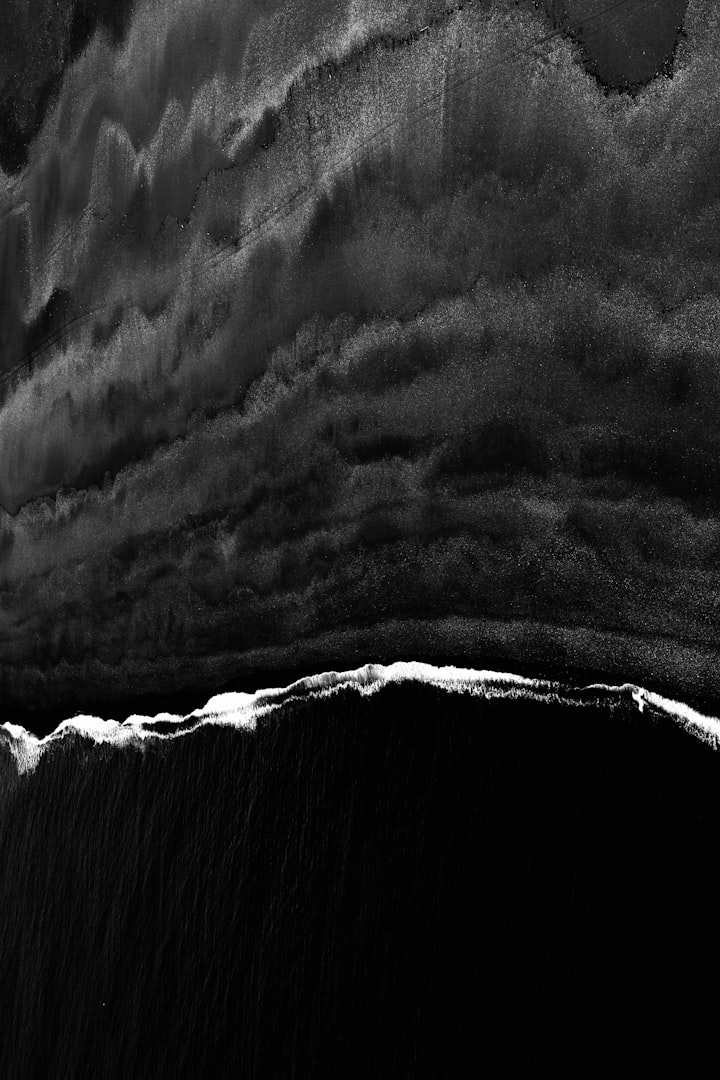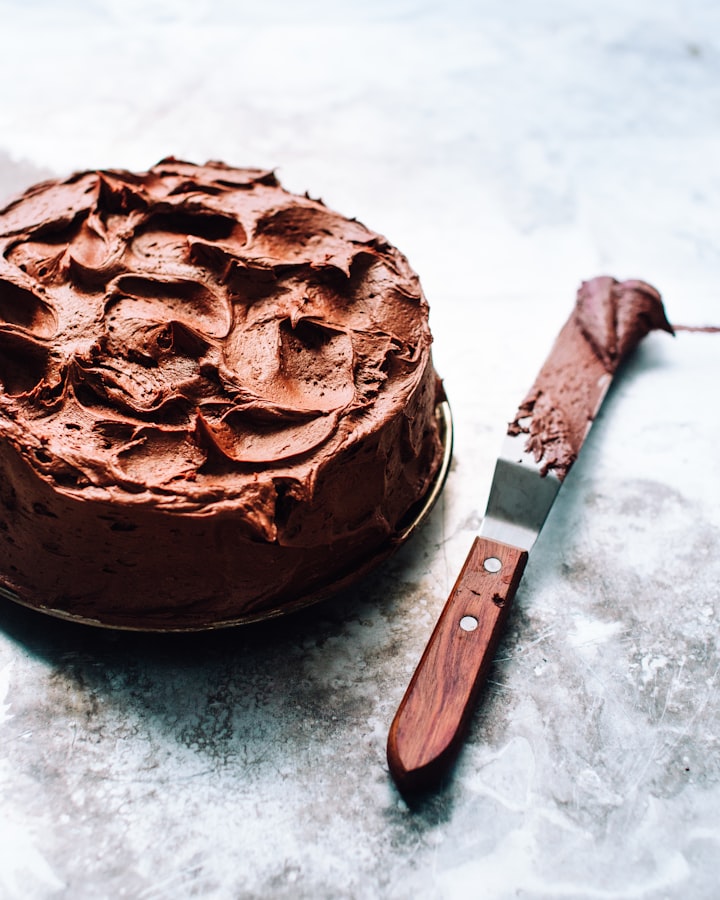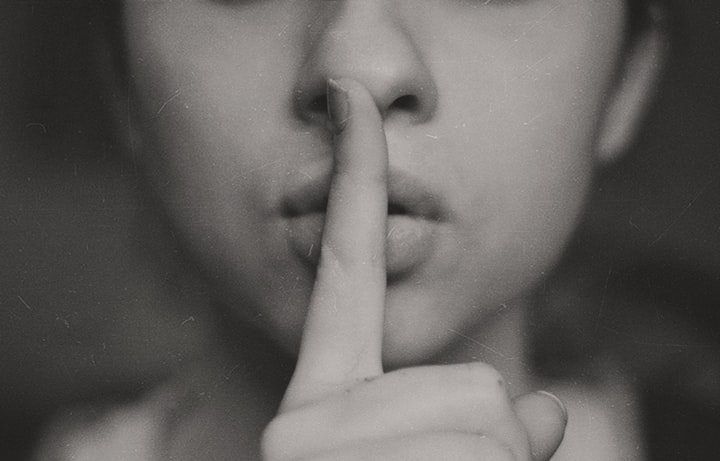
We run into the house. My mother immediately yells at me to get down into the basement. I look out the window. The sky is dark, but it looks like an average day in the middle of nowhere. “Violet,” my mother pushes me, “go downstairs.” I climb down the old, green, carpeted stairs. The basement looks exactly the same. We have only been here twice since we inherited this cabin from my grandfather ten years ago, but it still smells like him, like ivory soap and cigars.
I turn on the television. Roseanne Wade has been the head anchor for CNN Chicago as long as I can remember. I have never seen her look afraid of anything until now.
“CNN has confirmed that the missile was launched earlier this morning from just outside Chonjin, North Korea. It is believed to be headed for Chicago, Illinois. While we cannot confirm that this is a nuclear missile, many fear that this may be the start of the nuclear war that Kim Jong Un has long promised.”
I take a deep breath and mute the TV. Nuclear Warfare. My mother comes down the basement stairs, carrying two microwavable dinners that she had insisted on buying “just in case of emergency.” It would be weird if my last meal was microwavable potatoes, but I keep that thought to myself. Normally, my dry commentary would make her laugh. Today is different.
I’m not hungry. I rest my head on my mother’s shoulder and curl up close to her. She pushes her food away and holds me close. The TV switches to an aerial view of Chicago, my home. Suddenly, a bright light streaks across the screen, then it goes fuzzy. Signal lost.
“Was that it?” I ask.
“I hope so.” My mother answers.
“Does that mean it wasn’t nuclear?”
“I hope so.”
We sit in silence. Here, the electricity didn’t even flicker. It’s hard to believe that, just nine hours away, the city that I grew up in could be gone.
I spend the night dreaming of the food carts in Lincoln Park. My father and I have spent every Sunday of my life walking through the park, eating whatever junk we can find, browsing the vendor’s spreads. In my sleep, it feels entirely real. I can smell the zoo in the distance. I can feel the gravel beneath my sneakers. I can taste the soft pretzel, my favorite, in my mouth. I can see my father admiring the world.
I wake up on the couch in the basement. We had decided to wait out the night underground, just in case. I follow the movement that I hear up the stairs and into the kitchen. I find my mother rummaging through the fridge.
“Everything’s expired!” she groans, exasperated.
“I guess that’s what happens when no one stays here for a decade.” I say. She shoots me a look that tells me to shut up.
My mother sighs. She stands, staring out of the kitchen window, silent. I hate it when she’s silent. Her silence usually leads to her saying something that I don’t like. Finally, she breathes.
“I think we’ll have to hunt.”
My blood runs cold. In Chicago, we were vegetarians. I haven’t eaten meat since my grandfather gave me a chicken nugget when I was three. I had thrown it up and then burst into tears when I learned what it was.
“Mom—"
“It’s the middle of January. Nothing is growing. I don’t think we have a choice.”
Just a few hours later, I find myself tramping through the snow, awkwardly carrying one of my grandfather’s hunting rifles that we’d found in the garage. I’ve never shot a gun. I’ve never had the desire, much less the need. My mother is determined. She’s preparing to be here indefinitely. I guess I get it; cell service and internet are still out, and we haven’t heard any news from the city. For all we know, there’s nothing left.
She stops suddenly and points. In the distance, I see a deer. My heartrate seems to double. I hate this. My mother slowly raises her gun. I hear her breath, as uneven as mine. I close my eyes. BANG. My mother gasps. When I can take it in again, I see her bending over the deer. It is massive. Its antlers alone probably weigh as much as I do.
Three days later, I still don’t have much of an appetite. We haven’t ventured far from the cabin. There’s still no news from home. My mother seems to have gotten used to the deer meat. I, on the other hand, have not.
“You need to eat,” she goads me. What is it with mothers and pushing you to eat?
Light from the single hanging bulb bounces off of the necklace that always hangs around her neck: a heart shaped locket that my father gave her on the day that I was born. I lean forward, taking the long chain into my hands. I open it. In one half, a photo of me and my mother in her hospital bed, my tiny, red, unhappy face peeking out of its swaddle. In the other, a photo of the two of them on their wedding day. Their faces beam. I’ve always known that my mother looked radiant in her dress. Today, I can’t take my eyes off of my father. My father, who we had left in Chicago. He was on call the day that the alarms sounded. He insisted that we leave, that he needed to stay at the hospital where he worked. My heart starts to physically hurt. It feels like a lifetime ago. Now, I don’t even know if he’s alive.
My mother pulls my hands into hers. She squeezes. I can see the tears in her eyes. It hits me that this has been just as hard for her.
“Please,” she says, “just try a bite. It’s not that bad.”
It’s been two months now since the day that my world stopped. The ground remains frozen, the internet remains down, and I still am not a fan of deer meat. But I am alive.
It’s hunting day. Once a week now we have to kill a deer. I cry every time.
I trudge through the snow, trying to match my mother’s footsteps. I’m still not used to the “crunch” of the fresh snow that we seem to face every morning. I already can’t wait for spring.
My mother stops. I look up, expecting to see a deer. Instead, I see a man. I freeze. This is the first person we’ve seen since we left Chicago. I can feel my mother tensing.
“Hi,” she says, shortly.
“Hi,” he says.
They stare at each other for what feels like forever.
“Have you heard anything?” she asks, finally.
“No,” he says. “Where are you from?”
“Chicago.”
“Do you have food?”
“No. Do you?”
“Only what I can hunt.”
“Us, too.”
Later that night, the man, whose name, I’ve learned, is Jake, is sitting at our kitchen table. My mother cooked the deer that he killed. He says that it was the best thing he’s ever eaten. I think that he has to be lying. The two of them sit across the table from each other. Somehow, they’re laughing. About what, I can’t imagine. I haven’t been paying attention.
“Violet,” my mother says between giggles, “go and get the photo album from the basement. I want Jake to see the buck I shot in ’99.”
It still confounds me that my mother, the vegan, the animal rights activist, the proud member of PETA, grew up hunting. I also still have trouble with how quickly she fell back into it. But I go. I find the album easily. As I’m heading back up the stairs, I hear a shot. Smaller than the rifle that my mother uses, but it still makes my heart skip a beat. I run. I don’t know how I know, but I do. I round the corner back into the kitchen, and I see it.
Jake stands just feet from my mother’s limp body. He holds a handgun. His expression is cold. I can’t help but to feel for her pulse. Her head sloughs to one side when I touch her. She’s gone. My eyes lock on the pool of blood at her feet.
“Why?” I manage.
“Supply and demand,” he says.
“What?”
“Too many people, not enough resources.”
I look up. There is something evil behind his eyes. Mine fill with tears. I realize that I am an orphan.
Suddenly, I feel my mother taking control of my body. I yank the locket from her neck, breaking the chain. I run outside, grabbing her car keys from the hook by the door. I make it to her car, push the keys into the ignition, and will the thing to start. It does. I take a breath. Something tells me to head north. I’m only about an hour from the Canadian border.
I remember the day that my world stopped. I sat in my fifth period English class when every phone went off at once. When I pulled mine from my pocket, the public safety alert read “missile heading for Chicago.” The school immediately sent us all home. My mother and I called my father. We begged him to leave the hospital, to come with us. He refused. He had to stay and try to help. He and my mother agreed on only one thing that day: that I had to survive. it’s been three years now. I am still alive.





Comments
There are no comments for this story
Be the first to respond and start the conversation.